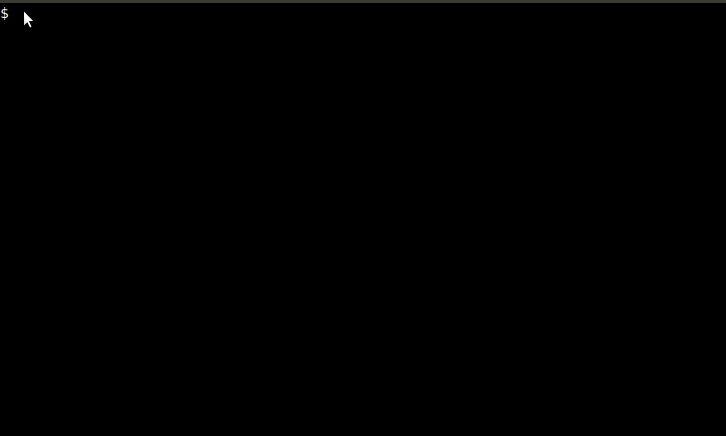A gdb-like debugger in the trepan debugger family.
This guts of this code is based on (and largely made up of) the nodejs "node inspect" debugger. However the command-line interface is being expanded and completely reworked.
For example, we include frame-changing gdb commands like up,
down, and frame.
We also document better the in the help system command syntax, and
what each does. See for example help "break". and help "syntax".
For an Emacs interface into this debugger, see realgud-trepan-ni. This is part of the realgud debugger interface suite.
$ npm install$ npm install trepan-niUsage: trepan-ni [--inspect] <script.js> # debugs <script.js>
trepan-ni -p <process-id> # debugs connecting to <pid>
trepan-ni <host>:<port> # debugs connecting to <host>:<port>
In the first form, you give a nodejs program to bug. Option
--inspect causes the debugger not to stop initially. Otherwise there
is a breakpoint set before the program proper is run.
In contrast to the first form, in the second form it is also presumed that some nodejs program is already running in debug mode on the same machine, and the process id, or "pid" for that program is pid.
In the the third form, like the second form, it is presumed that some program is running in debug mode which is available by connecting via a socket to host at port port. This allows you to debug remotely to a machine or device outside of the one you are debugging from, although host does not have to be a different machine. For example:
In terminal 1:
$ node --inspect sleep.js
Debugger listening on ws://127.0.0.1:9229/c4f8676e-79dc-453a-8f2b-45d7af9d8327
For help see https://nodejs.org/en/docs/inspectorIn terminal 2:
$ trepan-ni 127.0.0.1:9229
connecting to 127.0.0.1:9229 ... ok(trepan-ni) pause
(trepan-ni) break in sleep.js:3
1 (function (exports, require, module, __filename, __dirname) { for (let i=1; i<10000; i++) {
2 for (let j=1; j<1000; j++) {
-> 3 for (let k=1; k<10000; k++) {
4 ;
5 }See also the help given by node --help, as many of those options are
relevant and accepted. Also note in particular the environment
variables that can be used to influence execution.
See the demos folder for a demonstration of the above and possibly other demos.
